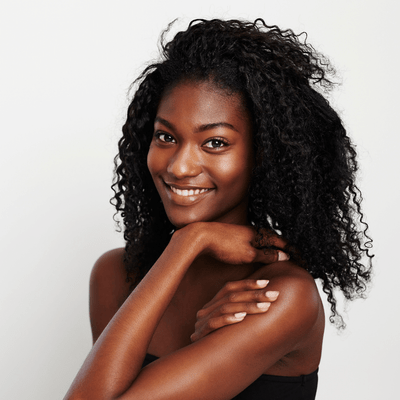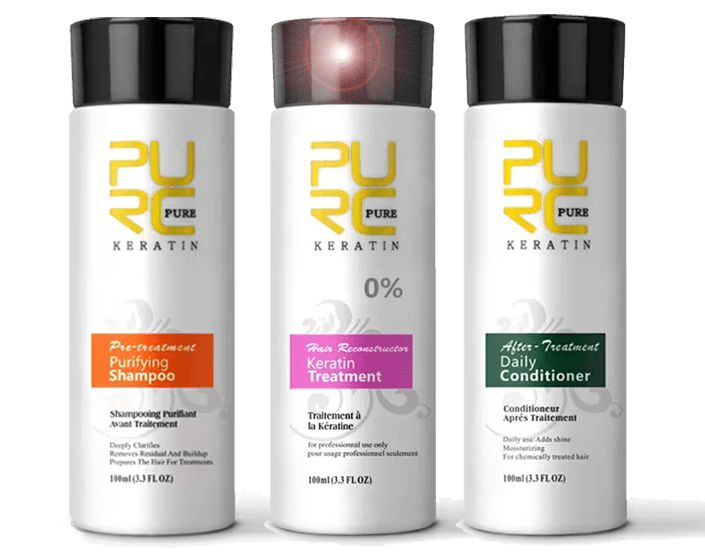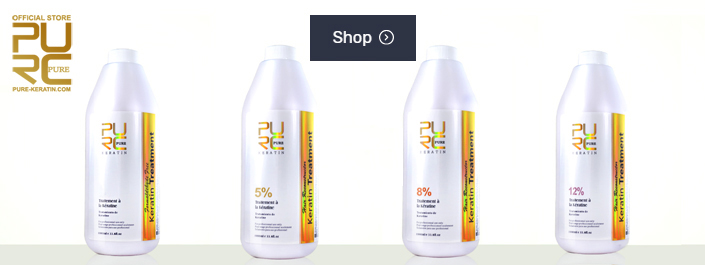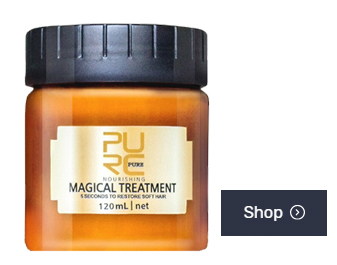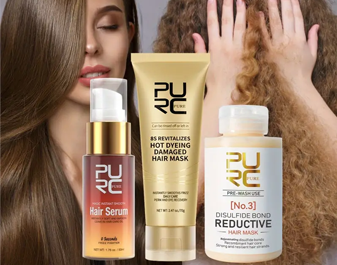HOW DOES ARGAN OIL HELP HAIR ? 13 ARGAN OIL USES FOR HAIR
PURE KERATIN on 31st Aug 2021
HOW DOES ARGAN OIL HELP HAIR ?
Film and fashion icon Audrey Hepburn said that beauty of a woman is not in the cloth she wears, the figure she carries, or the way she combs her hair.
Doesn’t it seem like the only people who would agree with Audrey are the ones who have great hair? People who have yet to discover the secret to perfect hair would strongly disagree with statements that downplay the importance of having great hair.
No offense, Audrey.
If you’re like most people, you must have tried many things already, but have you tried using argan oil for hair? If you haven’t, then now is the best time, and here is the best place to learn about the extraordinary benefits of argan oil.
What Exactly is Argan Oil?
The argan tree grows in the semi-arid region of the Sous valley in southwestern Morocco. The tree produces the argan fruit, which contains two to three oil-bearing seeds. Workers extract argan oil from these oil-bearing seeds.
There are two types of argan oil, each with its own method of production, culinary argan oil for cooking purposes, and cosmetic argan oil, which is what this article will cover.
Argan oil is the cosmetic industry’s new favorite because of the oil’s versatility. Argan oil finds application in hair, skin and nail care. Although the market has successful products containing argan oil as their principle component, the best use of argan oil for hair is in its pure form.
Even though pure argan oil is expensive, you will soon discover that the benefits more than justify the high price tag. You are, no doubt, excited to read about the marvelous advantages of argan oil.
Nevertheless, you must understand the structure of the human hair before you can fully grasp the potency of argan oil for natural hair.
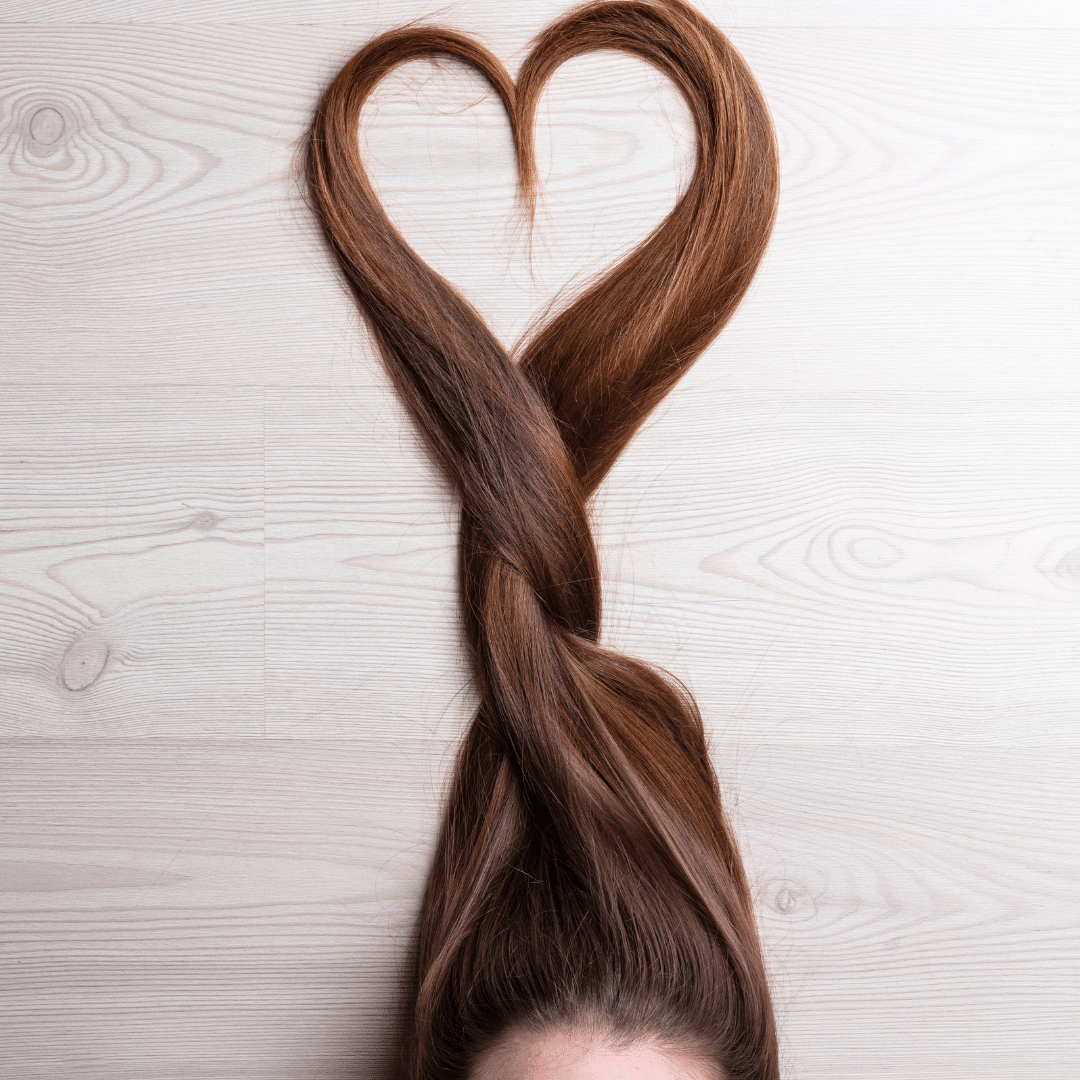
The Amazing Structure of Your Hair: A Look Under the Microscope
Your hair consists of two parts: the visible part, which rises above your skin, and the invisible part, which hides beneath your skin.
The visible part, called the hair shaft, has three layers, which are as follows:
Cuticle: Flat transparent cells form the cuticle, the outermost layer of your hair. The arrangement of these flat cells resembles the arrangement of scales on a fish. The cuticle protects the underlying layers from environmental assailants, such as ultraviolet rays, chemicals and salts, and prevents the loss of essential oils and moisture present in your hair.
Cortex: Microscopic rope-like cells create the cortex, the middle layer of your hair. The cortex is the thickest layer of your hair. It is contains melanin, the pigment responsible for your hair’s color.
Medulla: The medulla is the innermost layer of your hair. The medulla is the marrow or pith of your hair. This layer is usually present only in thick hair strands. Within the hair, the medulla may form a continuous layer, a fragmented layer, or no layer at all.
The visible part of your hair is biologically inactive. The active part, called the root, lies beneath the skin.
The main part of the root, known as the follicle, has three segments, which are as follows:
The follicle
Bulb and Supra Bulb: This is the lowest segment. It extends from the hair follicle’s base to the place where the erector pili muscle attaches itself to the follicle. Erector pili muscles make your hair stand up.
Isthmus: The middle segment, known as the isthmus, begins where the erector pili muscles attaches itself to the hair strand and ends at the entrance of the sebaceous gland duct. The sebaceous gland secretes the essential oils that nourish, moisturize, and lubricate your hair.
Infundibulum: The infundibulum, or the upper segment, extends from the entrance of the sebaceous gland duct to the follicular orifice. The follicular orifice is the opening through which your hair rises above your scalp.
The follicle houses your hair’s growth machinery. Essentially, the hair follicle produces new cells at the base of the hair shaft, pushing the old cells upward and outward. This simple process adequately explains the mechanism of hair growth.
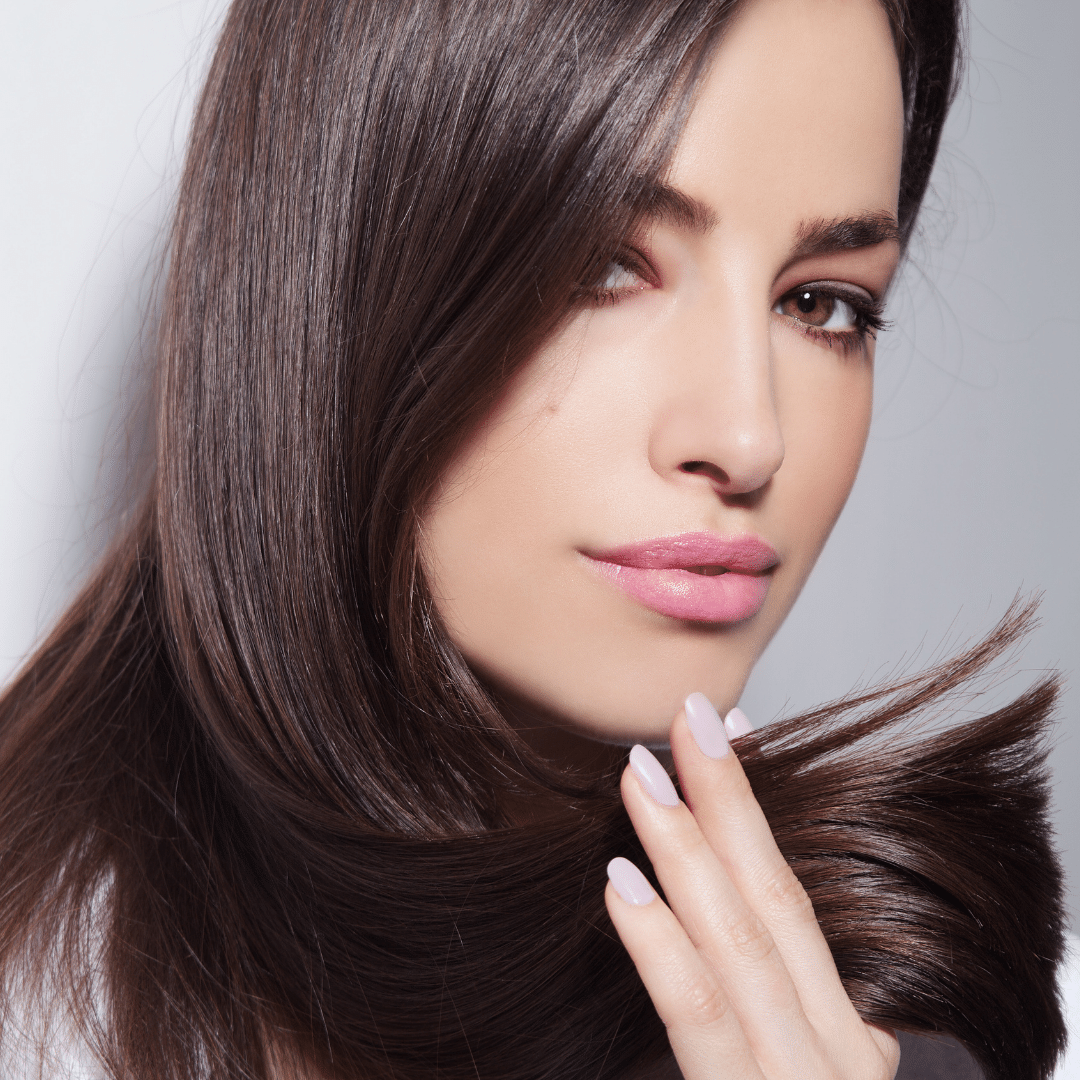
At this point, you must recognize and remember these two points:
- The health of your root addresses concerns regarding your hair’s growth.
- The health of your hair shaft addresses concerns regarding your hair’s appearance.
Amazingly, argan oil effectively vitalizes your hair’s shaft and root. Before we elaborately discuss the argan oil for hair benefits, a look at common hair problems is in order.
Pure Argan Oil for Hair: A Stunning Cure for These Common Hair Problems
Here’s a list of common hair problems, along with ways to identify them and a brief description of the problem’s cause:
Hair Breakage:
Harsh chemicals or frequent heat treatments weaken your hair’s cuticle and cortex. As a result, your hair becomes vulnerable to stress, causing your hair to break easily. You can identify hair breakage by examining broken strands of hair. Broken hair strands that do not have a bulb like structure at the end are a result of hair breakage.
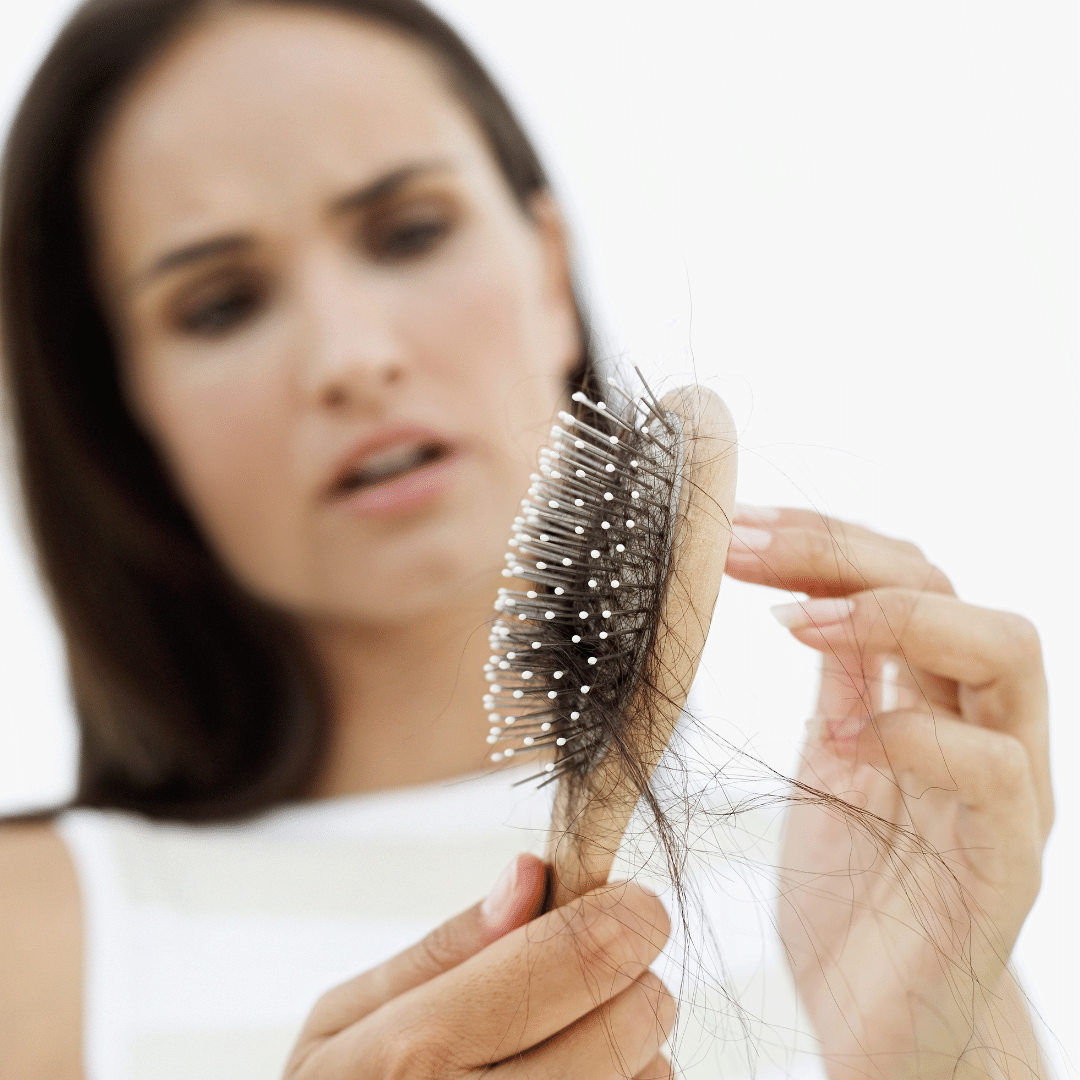
Hair Fall:
Your hair’s lifecycle has three phases: the anagen, catagent, and telogen stage. During the telogen, orfinal phase, the old hair strand detaches itself from the follicle and falls off, paving way to a new hair strand. Researchers estimate that you lose 40 to 70 hairs per day.
If your hair follicle is healthy, your body has no trouble replacing the lost hairs. However, if your body cannot replace the losses, hair fall becomes a problem. Hairs lost in this manner have a bulb like protrusion at the end. This distinction allows you to differentiate between hair loss and hair fall.
Frizzy Hair:
In healthy hair, the flat cells, forming the cuticle, line up evenly, giving your hair a smooth and well-defined texture. When stressors disturb the even arrangement, the flat cells raise, creating small tight curls. Consequently, you hair swells, loses moisture, and appears frizzy. Hair that’s free from frizz is easy to comb; but when you comb frizzy hair, the hair snags the comb. Therefore, if you’re not able to run you comb smoothly through your hair, your hair is frizzy.
Split Ends:
A compromised hair cuticle causes the rope-like cells in the cortex to unravel. Thus, the ends of your hair split into tiny strands. These split ends are easy to spot under a magnifying glass. If you suspect that you have split ends, use a magnifying glass or a camera with good optical zoom, to examine your hair tips.
Dull Hair:
When your hair cuticle is healthy, the cuticle keeps the pigments and moisture in your hair intact. Due to this, your hair reflects light effectively, giving your hair a bright and lustrous appearance. The absence of a healthy cuticle produces a surface that doesn’t shine, giving your hair a dull look.
Examine your hair under a bright directional light source. Change your position with respect to the light a few times and check if your hair catches the light. If your hair doesn’t catch the light, your hair is dull.
Receding Hairline
Your hair growth is a function of your genetic programming. In males, pattern baldness leads to receding hairline. In women, receding hairline becomes observable during menopause, a time of great hormonal imbalance.
Although argan oil cannot arrest a receding hairline due to genetics or hormonal imbalance, pure argan oil can combat a receding hairline due to a malnourished scalp.
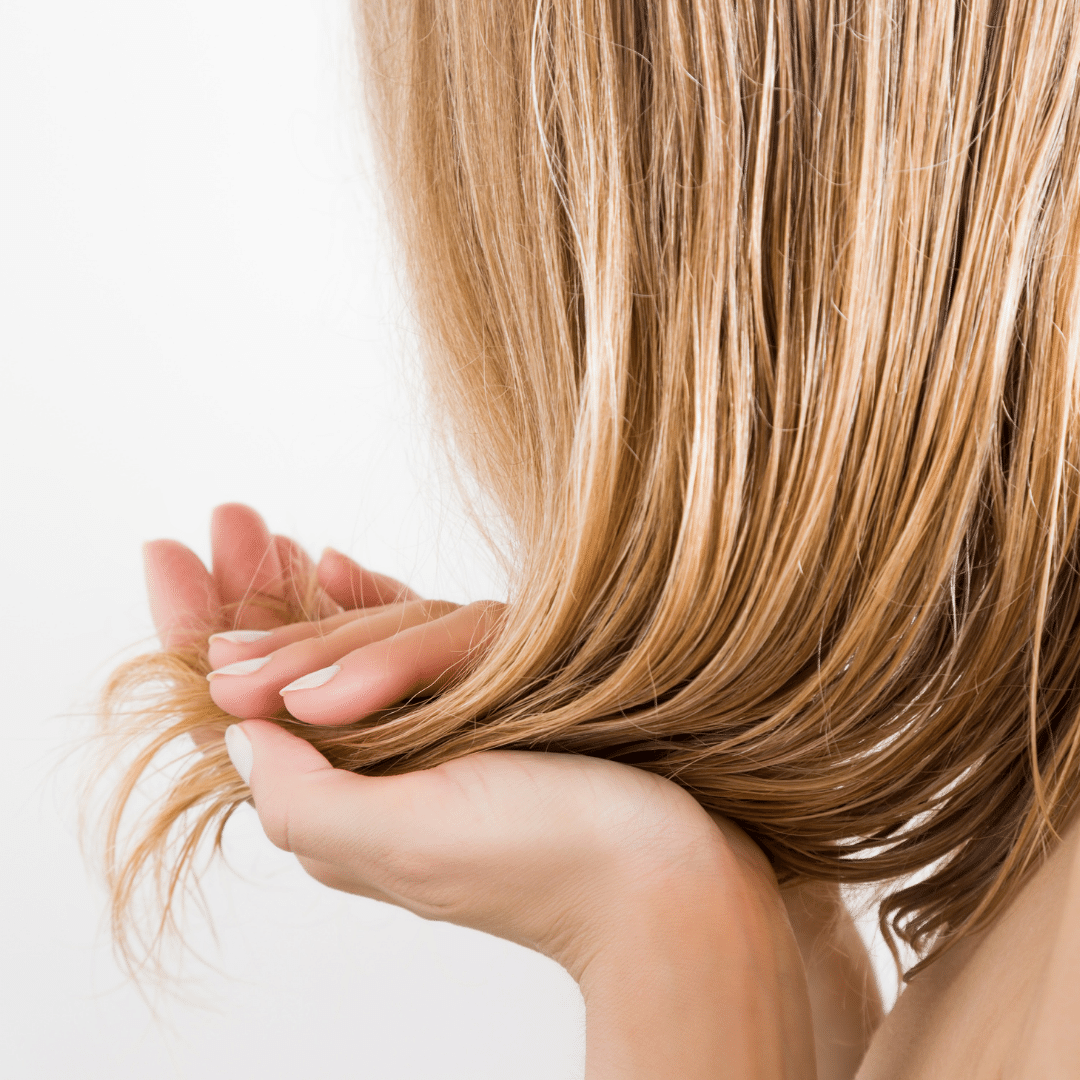
Thinning Hair:
The thickness of a hair strand depends on the size of the hair follicle from which it grows. Large follicles produce thicker hair strands than smaller follicles do. As you age, your hair follicles can shrink prematurely, leading to your hair’s thinning.
Sparse Hairline:
Normally, your scalp has around 1,000 hair strands per square inch. However, if you’re not careful, the density of hair strands decreases gradually. This makes your hairline look sparse. Using argan oil regularly to massage the hairline maintains the density of hair in the region.
The good news is that pure argan oil for hair caters to people dealing with one or more of the above problems. Let us now look at how you can leverage the miraculous benefits of argan oil for hair growth.
HOW DOES ARGAN OIL HELP HAIR ?
13 Ways to Use Argan Oil for Hair
Here are some easy ways to let argan oil beautify your hair:
1. Overnight Leave-On Hair Conditioner
Argan oil’s efficacy as a natural leave on hair conditioner will pleasantly surprise you. To use this Moroccan oil as a conditioner just follow these steps:
- Squeeze one or two drops onto your palms.
- Spread the oil uniformly on your palms by rubbing them.
- Comb your hair with your palms, spreading the oil evenly along the hairs.
- Make sure you cover all hairs from root to tip.
- Leave the oil on your hair overnight and rinse it off the next day.
- Since you’re using only a little amount of argan oil at a time, you can use this treatment every day or every alternate day.
2. Overnight
Hair Mask
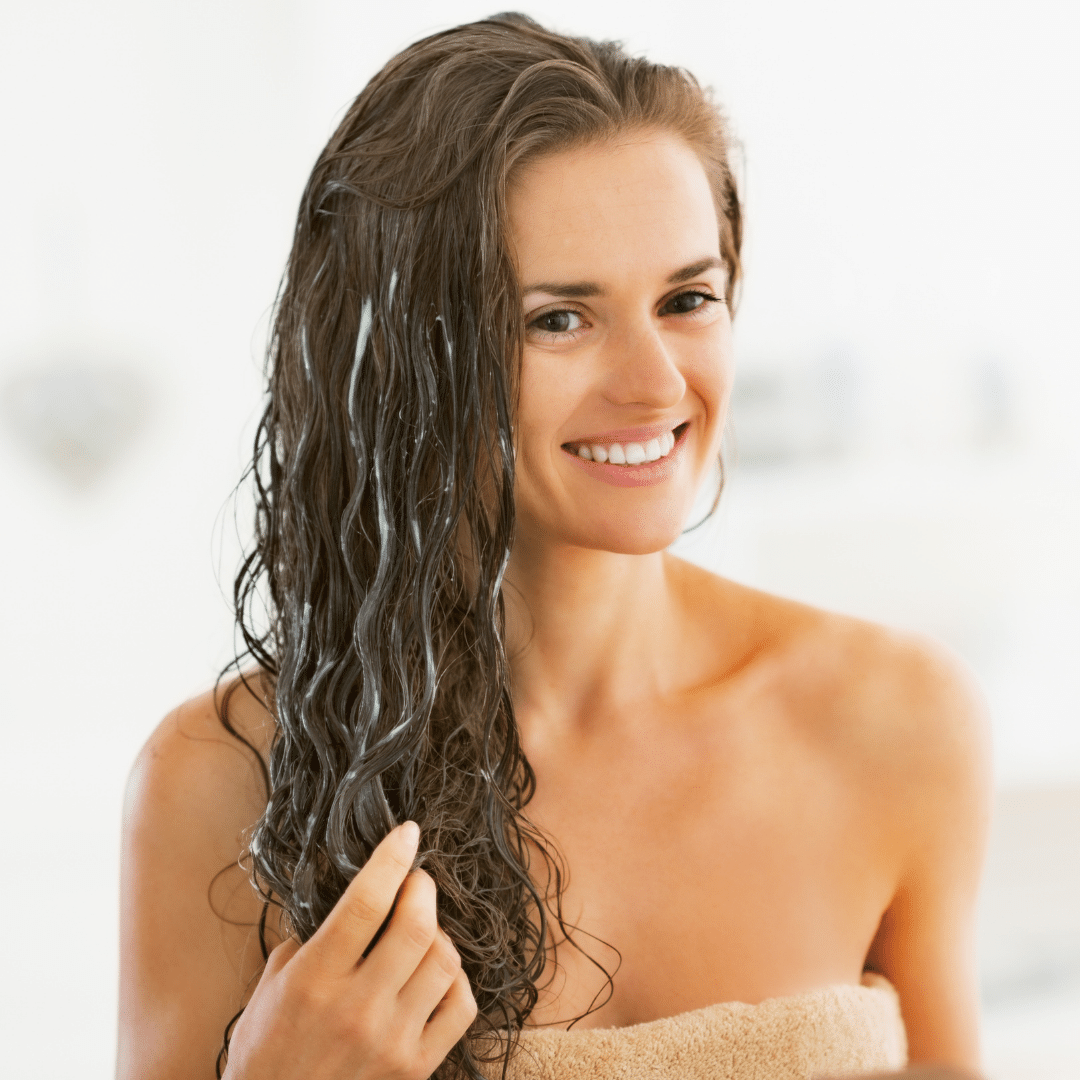
Using argan oil as a hair mask is similar to using it as an overnight hair conditioner; however, be more generous with the quantity. Here are more tips:
- You’ll also need to cover your hair with a shower cap or a towel.
- After leaving the mask on for the night, wash it off with a mild shampoo.
- Since you’ll use significantly larger quantities of argan oil for this purpose, you can do this less frequently; for example, twice in a month or once in 10 days.
3. Shampoo
Using argan oil with your preferred brand of shampoo enhances the effectiveness of the shampoo. This is because argan oil improves the absorption of your shampoo’s beneficial ingredients by acting as a carrier.
Next time, put one or two drops of argan oil on a quarter size drop of shampoo before shampooing your hair.
4. Styling Agent
If you’re looking for a natural alternative to chemical styling agents, then argan oil is just what you need.
Here’s how to use argan oil for hair as a styling agent:
- Spread a drop or two of argan oil on your palms.
- Thereafter, rub your palms together to spread the oil evenly on your palms.
- Then run your palms through your hair to spread the oil.
- After which you can style your hair as you like.
- It’s best to do this after a shower, while your hair is still damp.
5. Heat Damage Solution
Heat from blow dryers or hair straighteners damages the cuticle and weakens the cortex. This results in hair breakage, frizzy hair, split ends, dullness, and a host of other undesirable consequences. Using argan oil can minimize the impact of heat treatment on your hair.
Spread argan oil on your hair just before you expose it to heat. Argan oil contains high quantities of linoleic acid. Linoleic acid combines with oxygen in the air to form a film over the cuticle. The protective film shields your hair and prevents the moisture from escaping. This reduces the damaging effects of heat treatment.
6. Hair Moisturizer
The protective film that argan oil forms on the cuticle, thanks to the linoleic acid, helps your hair retain moisture.
When you moisturize your hair properly, your hair looks dense and voluminous, without looking greasy or weighted down. Moreover, adequate moisture enhances the mechanical strength of your hair, making it more resistant to breakage.
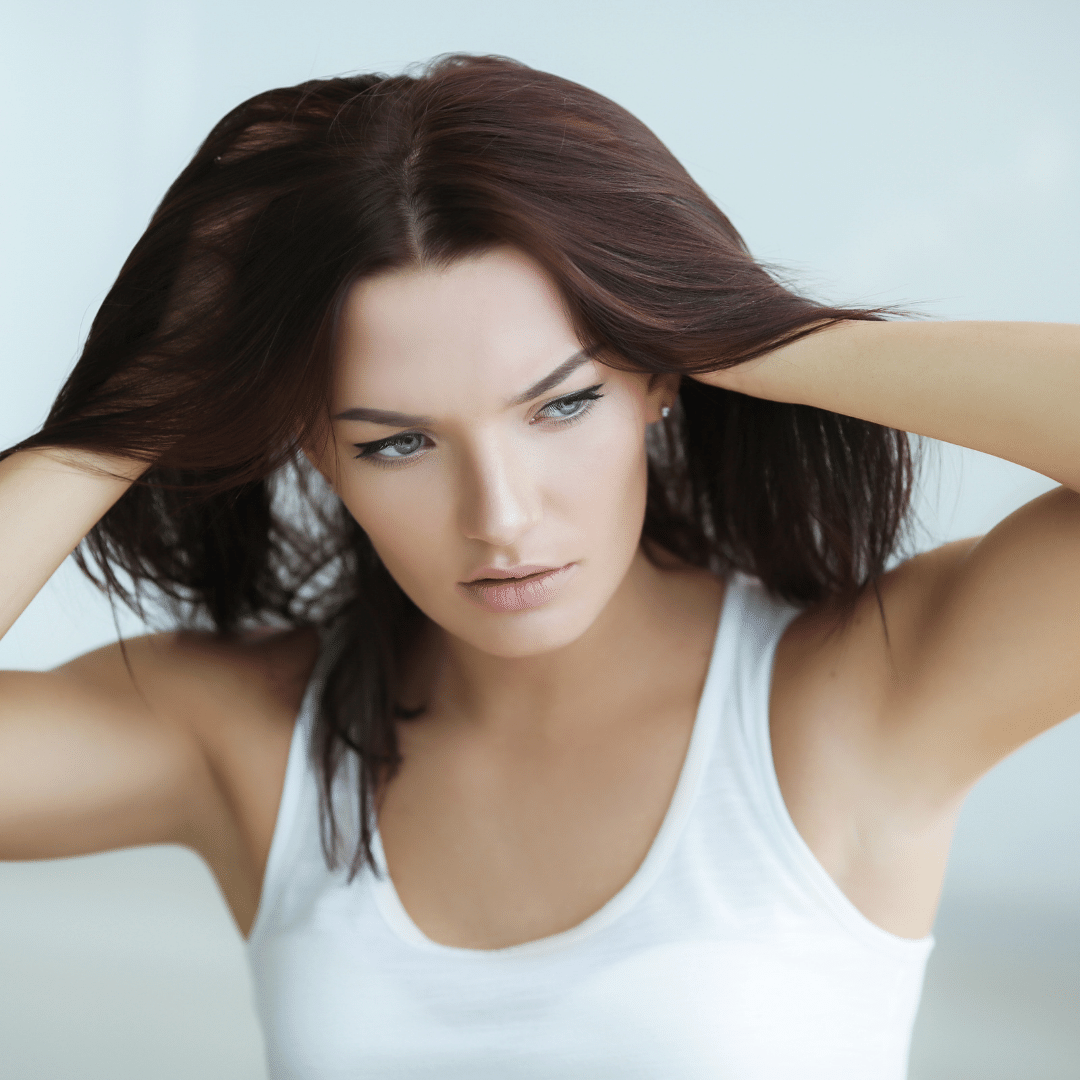
7. Scalp Massage Oil
When your scalp becomes too tight, the pressure constricts the hair follicles, leading to your hair’s thinning. Furthermore, the tightness restricts the blood flow in your scalp. Thus, your hair follicles don’t receive adequate nutrition. This impedes proper hair growth.
Massaging your hair with argan oil relaxes the scalp, relieving the tension and enhancing blood circulation.
To massage your hair with argan oil:
- Put a drop of oil on each fingertip, and massage your scalp with your fingers.
- Begin at your hairline and work your way backwards to the neck.
- Then move from your neck to the hairline.
- If done right, your scalp should feel relaxed and slightly tingly.
8. Anti-Frizz Treatment
You know that frizzy hair results from cuticles cells that are out of alignment.
Applying argan oil realigns the risen cuticle cells and locks them down in their proper position. Thus, your hair won’t snag the comb or hairbrush, making your hair more manageable, resistant to damage, and strong. Additionally, your hair will look fuller and smoother.
9. Split Ends Tame r
Split ends occur when the rope like strands, which make up the cortex of your hair, unravel.
A severe case of split ends calls for trimming; but if the condition is not serious, you can temporarily improve the appearance of split ends using argan oil.
Argan oil essentially binds the split ends together like glue. Unfortunately, the binding doesn’t last long. Therefore, you can carry a small bottle of argan oil with you, allowing you to reapply argan oil if the tips of your hair begin to split.
10. Growth Booster
Metabolic process in your body produce highly reactive oxygen molecules called free radicals. The free radicals corrode your body at a cellular level. Some scientist believe that the action of free radicals is a major factor responsible for aging.
Argan oil contains antioxidants, which react with the free radicals and neutralize them. In this manner, argan oil aids cell division in the hair follicles, thereby stimulating hair growth.
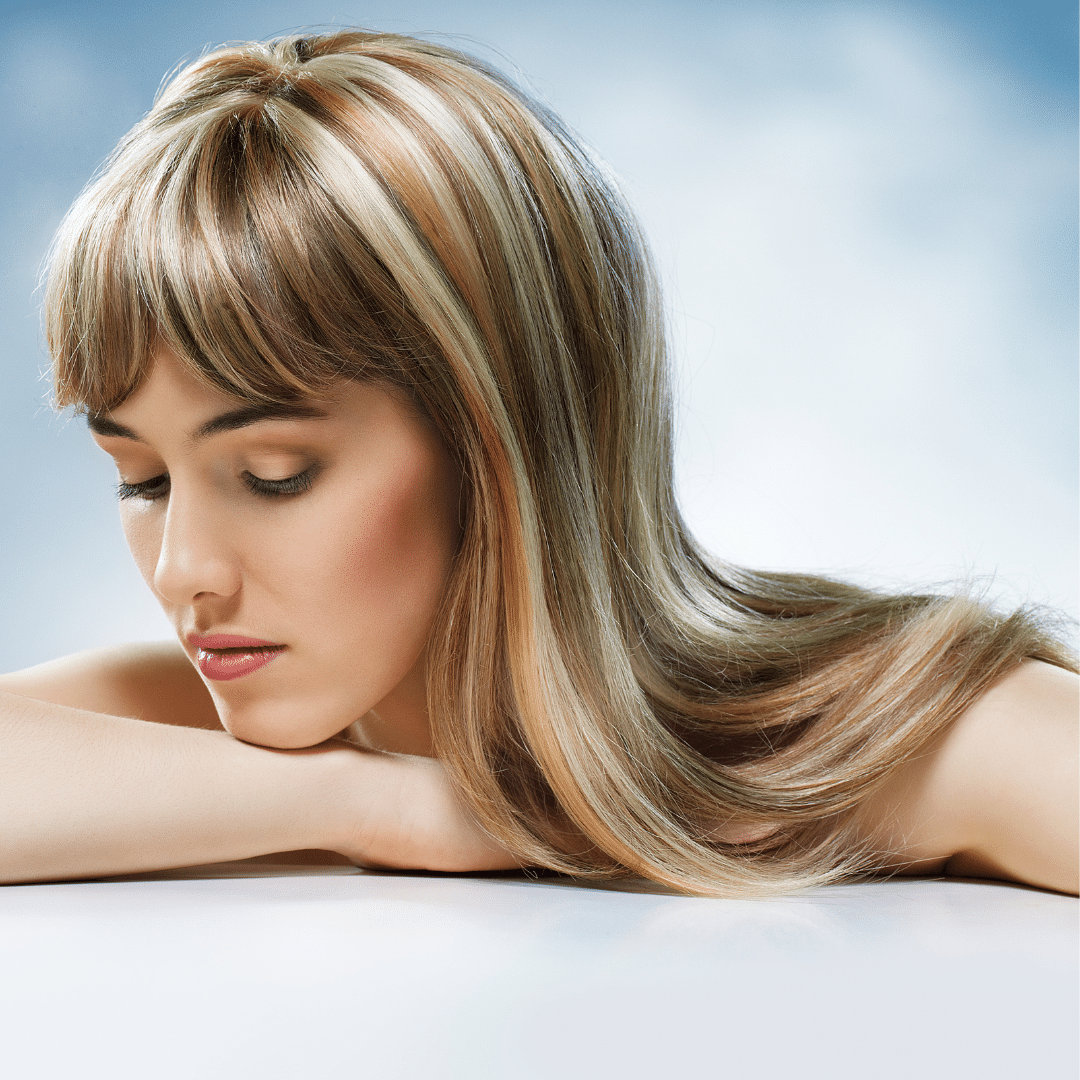
11. As a Shiner and Glosser
Oleic acid is the single largest compound in argan oil. Oleic acid is an effective emulsifier. Emulsifiers facilitate the mixing of oil and water, two compounds that normally don’t mix. The emulsified mixture of oil and water allows the cells to absorb and retain moisture. Oleic acid also makes your hair soft because oleic acid is also a natural emollient.
Owing to the emulsifying and emollient action of oleic acid, argan oil makes your hair appear smooth, soft, glossy, and shiny.
12. As a Quick Detangler
You don’t need commercial detangling sprays to free your hair from the clutches of annoying tangles. You can make your own detangler at home using water, your regular conditioner, and argan oil using these easy steps:
- Mix half a cup of water, one teaspoon of your conditioner, and four to five drops of argan oil in a spray bottle.
- Shake the bottle well and spray the solution on your hair.
- You will notice that running the comb after spraying the solution becomes much easier.
13. Gorgeous Hair
Whether you use argan oil for hair loss prevention, managing frizzy hair, taming split ends, or improving the overall health of your hair, argan oil is a convenient and effective solution. Since there is no reason to wait, take the first step immediately, which is to search the best, affordable and shippeable argan oil,
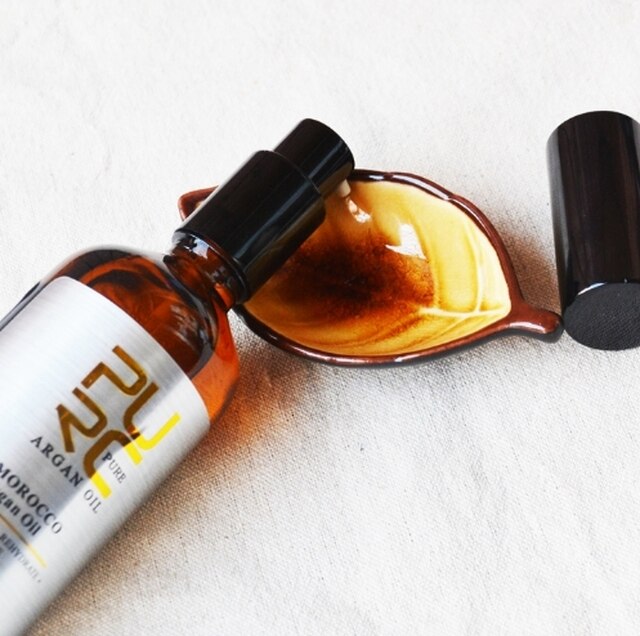
Here you can check the Pure Keratin excluse Argan Oil: https://pure-keratin.com/pure-argan-oil-for-hair-t...
If you recall, you hair didn’t lose its vigor and spunk all of a sudden; the process happened over a period. That’s why it will take time for your hair to regain its exuberance.
Stay the course and be patient, because the rewards of using argan oil for hair will surely come.
Who knows, one day you might agree with Audrey.














